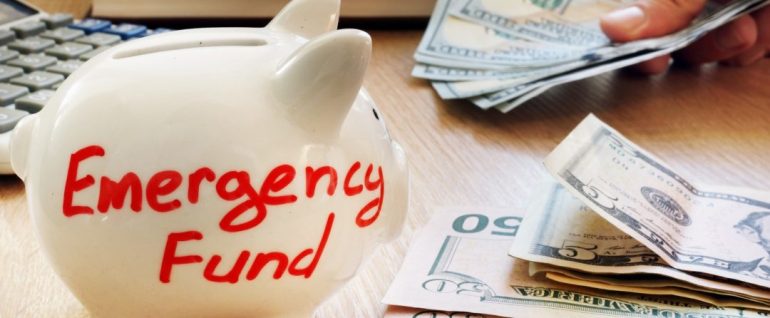Good morning farmers.
In the first post on Financial Fitness, I gave you a general overview of various areas. This time I will narrow it down to three areas and go into more detail.
First, I will discuss how to start creating a personal budget, and a plan to control cash.
Second, I’ll briefly go over checking and saving accounts and debit and credit cards.
Third, I’ll talk about the importance of dividing personal and business finances.
- If we do not have a budget, it is like going into a new city and not having a map. Each finance is unique. You may have the same income as your fellow farmer, but your personal situation is different, therefore you must make your own personal budget. If you have people around you that will affect your budget it is imperative to have them with you when you make your budget. You must take your children into account, you have expenses related to them, and your partner (wife, husband) must be in on this as well. If you are not on the same page financially, it will be very hard to maintain your budget.
Creating a budget is not a complicated process. It is, however, a detailed process that will take some time and once the first budget is done, you should continue for life. To make your first budget will take you 30 days. You will write down your expenses, and your income, every day for one month. It does not matter when you start, you must continue for 30 days, and finish the cycle of one month. You will write down every expense and every income, no matter if it is big or small. You must write it down with a pen and paper, not using an app or some other digital way. The reason is when you write you will think about it and then you have the paper in front of you and you see all the previous transactions. This makes you reflect on how you spend your money. You will separate your expenses into categories (I will attach a document for that purpose in the group). If you have items that do not fit the categories you can make your own.
During the month, as time goes by, you will start seeing some trends. Where do you spend the most money? Little by little you will get a full picture of your monthly cash flow. After the month is finished, you will analyze your expenses and see how they match up with your income and savings. You will take your income, subtract your savings, and then your expenses and you should end up with zero. The formula is: INCOME – SAVING – EXPENSES = 0 or INCOME = SAVING + EXPENSES
Your goal should be to save 10% or more. If, after all your expenses and savings of 10%, you still have something left, you will allocate it to additional savings.
With your exercise of writing down your expenses and creating this first budget (I call it the actual budget), you will start analyzing where you can reduce expenses. You may also analyze the income side to see what opportunities you have to increase your income.
These analyses will result in a new budget you will set yourself for next month.
- Your checking and saving accounts as well as your debit and credit cards must be 100% under your control. That means you must not have any surprises when you take a look at your accounts and you will only use your cards based on your budget. Remember your expenses are for what you NEED, not what you WANT.
You will use your checking and saving accounts to confirm your budget. Remember, Income = Saving + Expenses. Every time you receive income, 10% should go to the saving account. We will discuss later, how you get to the 10% (if you are not there yet), and how you will allocate your savings most efficiently.
In regards to debit and credit cards, there is a simple rule. Don’t use it if it is not planned on your budget! Debit cards are convenient when you do not want to carry cash around, but if often give the temptation to make impulse purchases. Credit cards should be paid up each month, to avoid interest charges.
- Business and personal finance should never be mixed. Your business has certain financial needs and you have your financial needs. When businesses get paid irregularly, like in the case of farmers, they may get paid only once per year, when they sell their crops. You have financial needs every month. A person needs to be fed, cloth, and housed every month.
Therefore, you will pay yourself a monthly salary from your business. It does not mean, you cannot use your profits, but that will be at the end of the year when you have secured the continuation of the business. Then you can pay yourself a bonus.
Please forward any questions to me. As I said your personal finances are personal, and cannot be compared to others.
